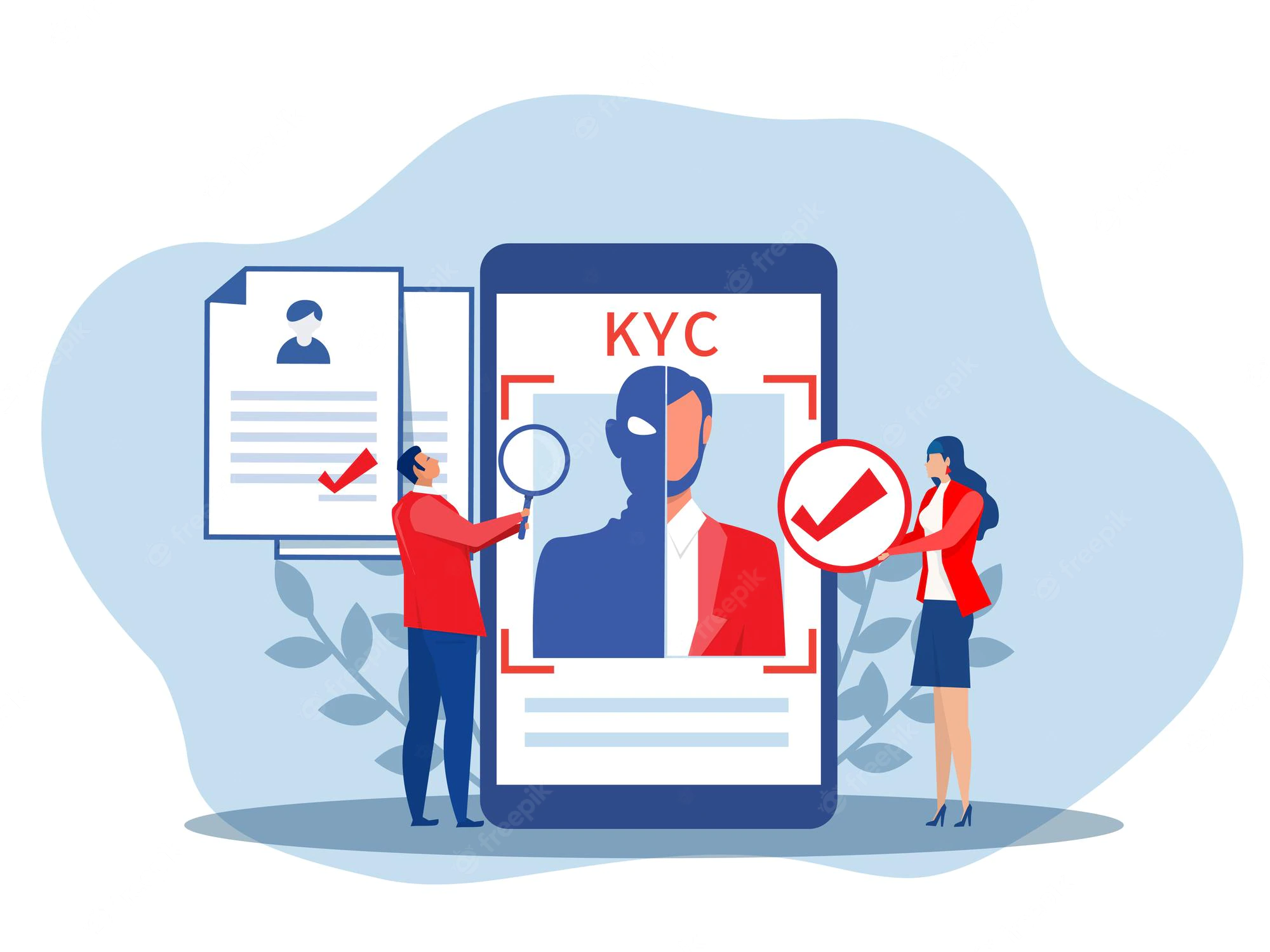What is KYC and Why is it Required on the Exchange?
As the cryptocurrency industry grows, it is becoming clearer that if authorities don't work closely with the industry, it won't go very far. This may not sit well with proponents of the core idea of cryptocurrencies, which is generally connected with anonymity and decentralization,...

As the cryptocurrency industry grows, it is becoming clearer that if authorities don’t work closely with the industry, it won’t go very far. This may not sit well with proponents of the core idea of cryptocurrencies, which is generally connected with anonymity and decentralization, but there is little that can be done about it. The authorities do not want to put up with having a free instrument at their disposal that may potentially be used for money laundering and other illicit operations.
In this way, almost all of the major cryptocurrency exchanges are forced to come up with a way to verify their customers’ identities. This process is commonly referred to as KYC, which stands for “verification.”
What does “Know Your Customer” (KYC) Mean on a Cryptocurrency Exchange?
KYC is an acronym that stands for “Know Your Customer” and it is a concept that has been around long before the advent of cryptocurrency. For instance, absolutely all banks adhere to it, as do brokers, many payment systems, and other businesses that deal in financial transactions. AML (anti-money laundering) must pass through this stage at some point.
The identification procedure is started whenever a new client makes contact with a financial institution. This gives the institution a chance to look at the user’s risk profile and figure out if the user is likely to do anything illegal with their money.
The following are the three primary functions that this procedure fulfills on cryptocurrency exchanges:
- Verification of the accuracy of the customer’s personal information that was submitted by the client
- User activity and the validity of such actions must be verified
- A weighing of the chance that the customer may be involved in illegal activities such as money laundering or other offenses is performed
Therefore, Know Your Customer, or KYC, is a method that enables businesses to verify the information given by their consumers and determine whether or not they are eligible to receive financial services.
Why Know Your Customer is So Crucial
Because of the present regulatory climate, cryptocurrency exchanges are required to KYC processes and to build internal rules about the potential hazards they may face. The conditions for verification could be slightly different from one website to the next, but the core concept is going to stay the same. For example, if someone needs to prove who they are, they might need more than one piece of paper.
What are the individual stages that make up the process?
If this is something that is important to you, you should investigate the verification standards of any exchange that you are considering joining before you actually do so. To begin, many cryptocurrency exchanges do not have mandatory verification requirements, which means that some acts can be carried out without it. The process could also require the submission of certain papers, which will depend on the location.
Nevertheless, the majority of cryptocurrency exchanges use the following protocol:
- First Name and Last Name. The use of a middle name is not often needed.
- Your nation, area, street, house, and apartment number make up your residence’s address. During the initial phase, the address is just provided; it is not confirmed at this time.
- Identification. This might be the internal passport of a country, an international passport, a driver’s license, or an identification card. It is required that you give either a scan or a photograph of very high quality.
- Information to contact you, including a phone number and an email address.
- Checking one’s own selfie or “live” photo to ensure that it matches the photo on the passport is required.
This is the initial stage of the verification process. On the other hand, there is frequently a second one, in which you are required to verify the address. For this reason, for instance, things like utility bills are utilized.
Is it Risk-free to Submit Your Private Information?
It is possible that data might be stolen from a centralized exchange if it is compromised by hackers. As a result, there is always an element of danger. Verification should only be attempted after you have selected platforms that have stood the test of time and offer a high level of quality.
